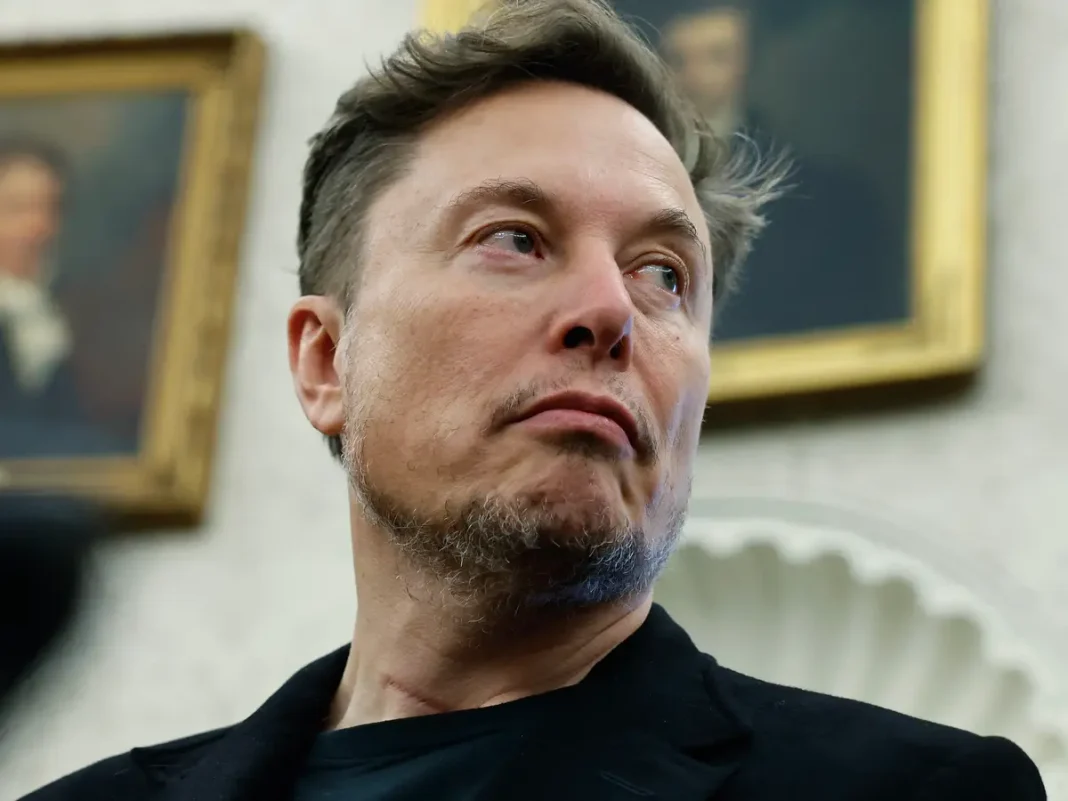Key Takeaways
- Tesla Chair Robyn Denholm warns Elon Musk could step down as CEO if his $1 trillion pay package is rejected
- Shareholders will vote on the massive compensation plan at Tesla’s November 6 annual meeting
- The package could make Musk the world’s first trillionaire if Tesla achieves ambitious market cap targets
Tesla faces a potential leadership crisis as Chair Robyn Denholm warned that Elon Musk could leave his CEO position if shareholders reject his proposed $1 trillion compensation package. The warning comes ahead of Tesla’s crucial annual meeting on November 6 where investors will decide on the massive pay deal.
Board Defends Musk’s Critical Role
In a letter to investors, Denholm emphasized that Musk’s leadership remains “critical” to Tesla’s future success. She cautioned that without proper incentives, Tesla risks losing Musk’s “time, talent and vision” at a pivotal moment when the company is expanding into artificial intelligence and autonomous technology.
The performance-based plan is designed to keep Musk motivated to lead Tesla for another seven-and-a-half years, according to Reuters reports.
What’s in the $1 Trillion Package?
The proposed compensation would grant Musk 12 blocks of share options if Tesla achieves extraordinary targets, including reaching a market capitalization of $8.5 trillion and making breakthroughs in autonomous driving and robotics.
If approved, the package could add $900 billion to Musk’s current $400 billion fortune, potentially making him the world’s first trillionaire. However, this depends on Tesla’s stock value increasing significantly in coming years.
Governance Concerns and Legal Challenges
Tesla’s board has faced increased scrutiny over its close relationship with Musk. Earlier this year, a Delaware court struck down his 2018 pay deal, ruling it was improperly awarded and negotiated by directors who weren’t fully independent.
Governance experts and advocacy groups have repeatedly questioned the board’s independence and oversight of Musk’s influence, creating additional pressure ahead of the shareholder vote.





